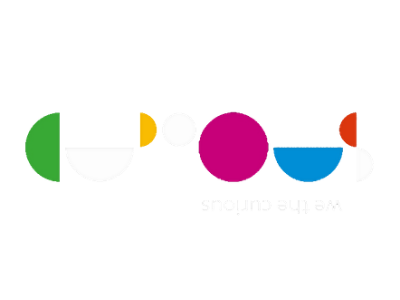The Virtual Reality Oracle Project
The Virtual Reality Oracle (VRO) project uses modern resources to explore the ancient world. It aims to enhance historical understanding of ancient Greek oracle consultation and the oracle of Dodona. It is also exploring the role of VR in classrooms, museums and cultural settings; and bringing a richer understanding of sensory processing and brain activity in users of VR.
Funded by the AHRC, and led by Esther Eidinow, a multi-disciplinary team of researchers from the universities of Bristol, Bath and KCL, has developed an accessible VR experience of visiting the ancient site of Dodona in the fifth-century BCE, as well as a set of teaching and learning resources; the team is conducting further research using the VR.
The VR experience draws on ancient evidence to imagine a visit to the oracle of Zeus at Dodona, c. 465 BCE: choose one of three pathways to meet other pilgrims to Dodona and hear their stories, before you pose your question to the priestesses of Zeus.
On this website you can find out more about the project, and the team’s research; explore the teaching resources; and download the VR apps.
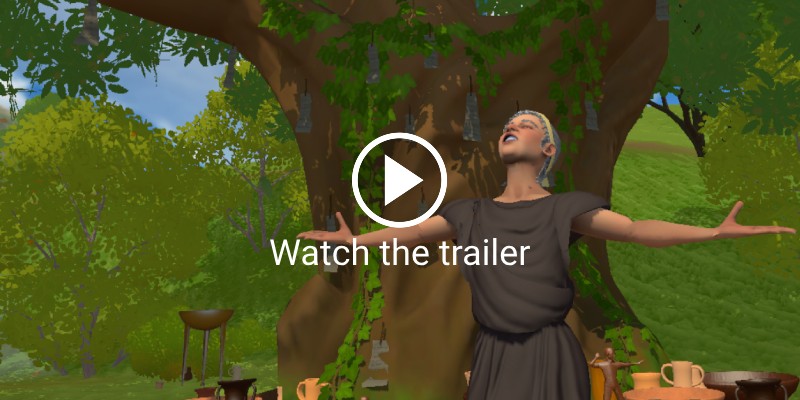
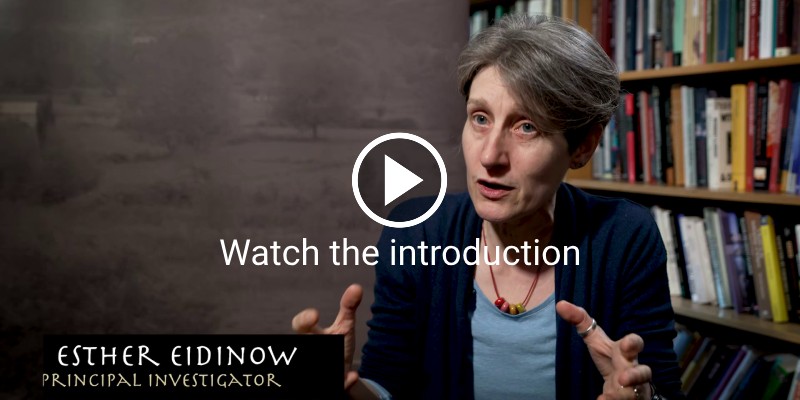
What's an oracle?
An oracle was a site where ancient Greek men and women asked the gods to answer questions about the past, the present and the future. Prof. Esther Eidinow (Bristol) explains — ‘Oracles helped ancient society to cope with uncertainty and risk. We are focusing on the oracle at Dodona because thousands of questions have survived from the site, written on lead tablets. They show that the oracle was consulted not only by community leaders, but also by ordinary men and women, including enslaved people. Studying Dodona can help us to understand their experiences better: both how they responded to uncertainty, and how they related to the gods.’
How does using VR help us understand an ancient oracle?
Prof. Hugh Bowden (KCL) says: ‘we are using modern resources, including Virtual Reality and EEG imaging, alongside traditional disciplines – archaeology and history – to investigate the ancient world.'
How does an ancient oracle help us understand VR?
Dr. Michael Proulx (Bath) explains: ‘This creative study of ancient history will allow us to make cutting-edge advances in the psychological use of modern technology. The nature of the oracle experience, being something novel for modern people, provides a good basis for creating other virtual experiences outside of our daily lives.’ Dr Quinton Deeley (KCL): ‘The virtual oracle provides clues about ancient religious experience, and the effects of ritual practice and particularly divination on experience and brain function.’
Team and Project Partners

Esther Eidinow
Principal Investigator
Esther Eidinow is Professor of Ancient History at the University of Bristol, specialising in ancient Greek religion and magic.

Chris Bevan
Research Associate (Computer Science)
Chris Bevan is a Research Associate in Computer Science at the University of Bristol, specialising in Human Computer Interaction and VR.
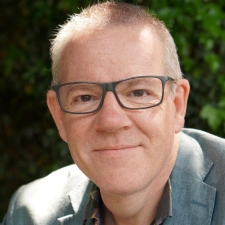
Hugh Bowden
Co-Investigator (Ancient History)
Hugh Bowden is Professor of Ancient History at King's College London, specializing in ancient Greek religious experience.
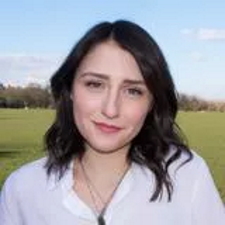
Elisa Brann
Research Associate (Neuroscience)
Elisa Brann is a Research Associate in Neuropsychology at King's College London, specialising in cultural and social neuroscience.
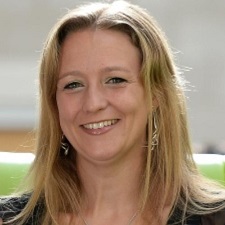
Kirsten Cater
Co-Investigator (Computer Science)
Kirsten Cater is a Professor in Computer Science at the University of Bristol, specialising in Human Computer Interaction and VR.

Richard Cole
Research Associate (Ancient History)
Richard Cole is a Research Associate in Ancient Greek History and VR at the University of Bristol, specialising in fictional and non-fictional reconstructions of antiquity.
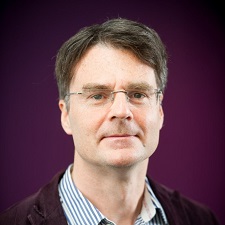
Quinton Deeley
Co-Investigator (Neuroscience)
Quinton Deeley is Senior Lecturer in Social Behaviour and Neurodevelopment at King's College London
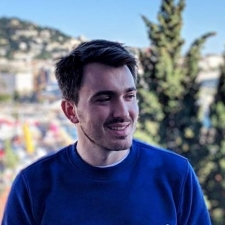
Crescent Jicol
Research Associate (Psychology)
Crescent Jicol is a Research Associate at the University of Bath, specialising in VR and multisensory perception.
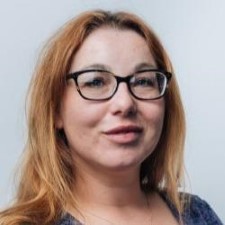
Harriet Lloyd
Research Administrator
Harriet Lloyd is a Research Administrator supporting the Virtual Reality Oracle project and other projects at the University of Bristol.

Michael J. Proulx
Co-Investigator (Psychology)
Michael J. Proulx is Reader in Psychology at the University of Bath, specialising in Cognitive Science, Neuroscience, VR and Assistive Technology.
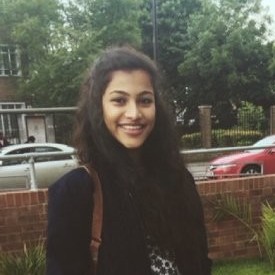
Rukmini Roy
Research Assistant (Neuroscience)
Rukmini Roy is a Research Assistant at King's College London, specializing in Neuroimaging, and Cultural and Social Neuroscience.
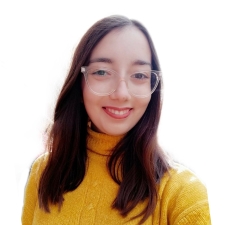
Emilia Tor
Research Assistant (Psychology)
Emilia Tor is a Psychology Student at the University of Bath, specialising in VR and priming.
